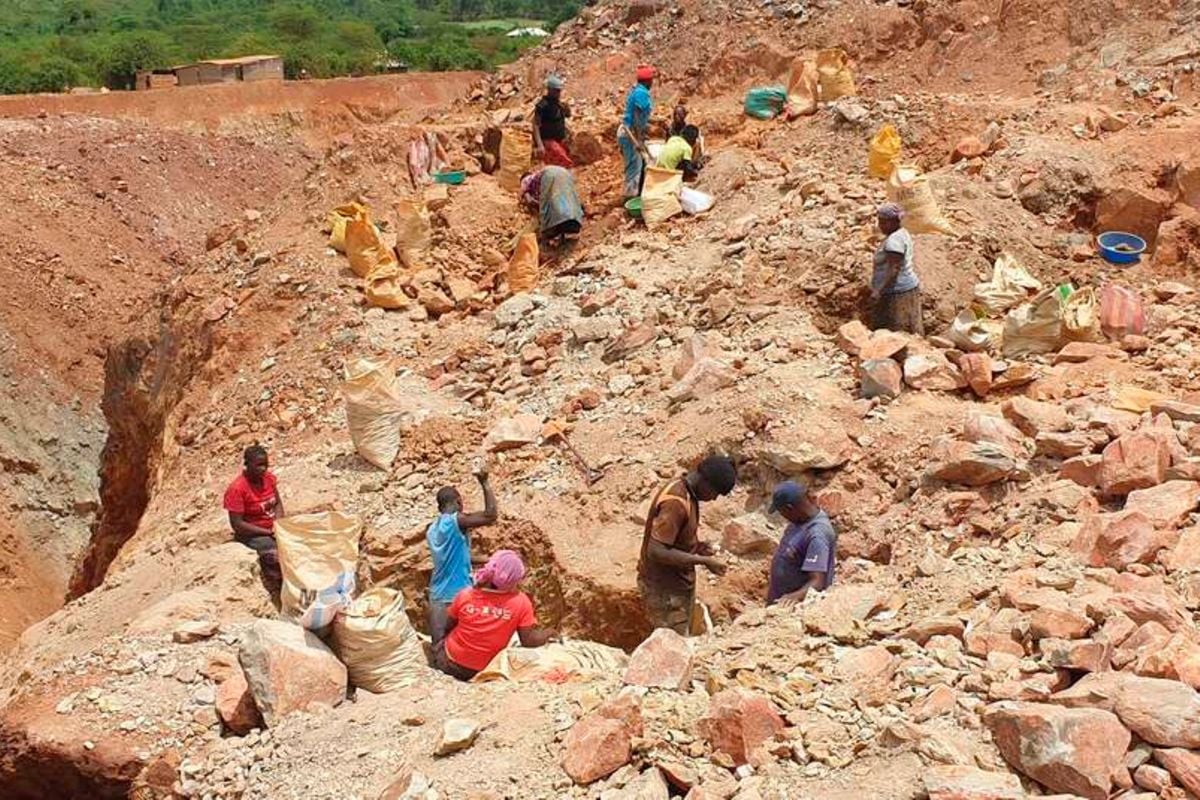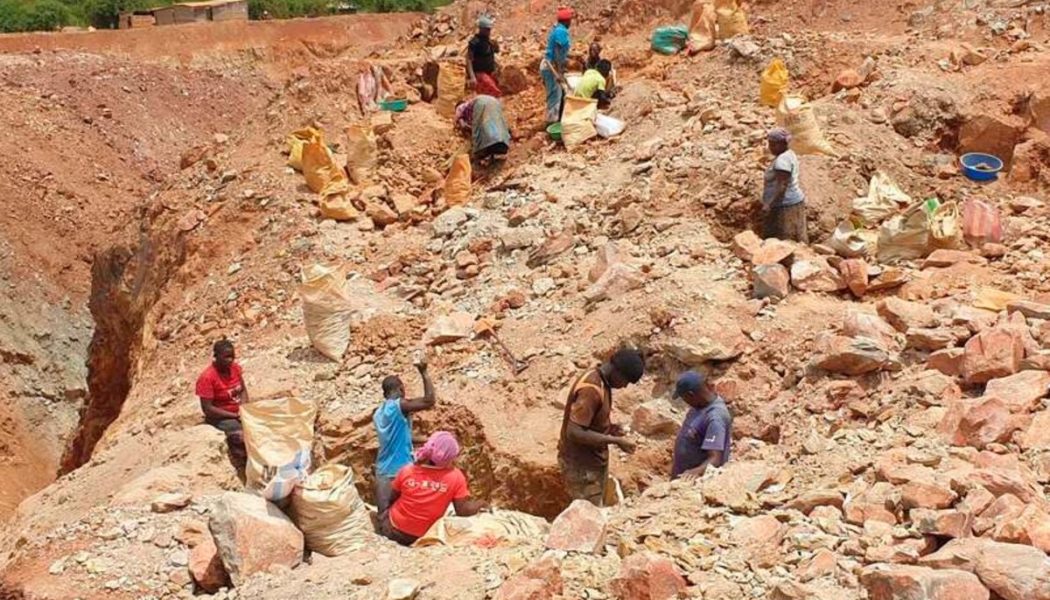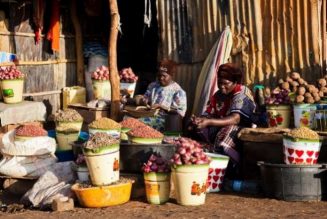
Kenya plans to restrict the export of some minerals in raw form after the ongoing construction of processing plants is completed, a move that portends a major policy shift aimed at maximising earnings for the government and communities.
The Ministry of Mining says gold, gemstones and granite will be the first batch of minerals to be exported after value addition.
Kenya has inked a multibillion-shilling deal with private investors to put up a gold refinery in Kakamega at a cost of Sh5.8 billion and a granite processing plant for Sh2.5 billion in neighbouring Vihiga County in preparation for the policy shift.
This is in addition to the revival of fluorspar mining in Elgeyo Marakwet at an estimated Sh4.8 billion investment and the already operational Gemstone Value Addition Centre in Taita Taveta.
The building of gold and granite plants is projected to be completed mid-next year, Principal Secretary for Mining Elijah Mwangi said.
“It, therefore, means that going forward, for all gold that will be mined in Kenya, we are coming up with a policy to have it refined in Kenya. We also have a granite processing plant in Vihiga where an investor is already on site and gemstone centre in Voi where we have procured the latest equipment such that going forward our gemstones can be value-added before export,” Mr Mwangi said.
“We have a responsibility to ensure that the minerals which are mined in Kenya benefit the people of Kenya and the community where the minerals are mined.”
Gold mining has over the years largely featured artisanal and small-scale operations in a mainly informal process even though several midsize firms have entered the industry.
Kenya’s earnings from gold mining dipped to Sh3.17 billion in 2023, from Sh3.38 billion the previous year, according to the Economic Survey 2024.
The data shows that 410 kilogrammes of gold was realised last year, down from 563.6 kilos in 2022.
The country is also believed to be sitting on significant granite deposits in Vihiga and its environs. Granite is used in the making of kitchen countertops, tiles, terrazzo, monuments and mantlepieces, among others.
“Going forward, we would wish that the minerals are processed within the country to the extent of the technology that we have right here. We have four value addition centres that are ongoing,” Mr Mwangi said.
Kenya has for years grappled with illegal exploration and extraction of minerals despite the mining law providing for as much as a Sh10 million penalty or up to two years imprisonment or both.
Smuggling of minerals is, on the other hand, classified as an economic crime that attracts a fine of up to Sh1 million or 10 years in prison on conviction.
“We have seconded officers to border points to ensure that minerals designated for exports have been certified. We have officers at KPA [Kenya Ports Authority in Mombasa], JKIA [Jomo Kenyatta International Airport] and all other border points. That has minimised smuggling of minerals which is an economic crime,” the PS said.
Although mining activity has been present in the country for over 50 years, productivity has remained low, with large-scale operations limited to soda ash and mineral sands and, since 2013, the diminished titanium ores in Kwale.
The country is believed to have significant deposits of copper, coltan, niobium, manganese and rare earth minerals, which remain under-exploited, dwarfing the mining sector’s contribution to the national economic output.









